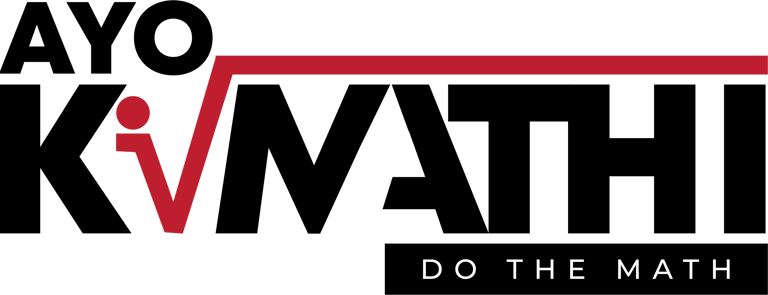Campaign Information
What is Ayo Kimathi's mission?
Ayo Kimathi aims to bring strong representation to the 41st district and advocate for community needs.
How can I support Ayo?
You can support Ayo by volunteering, donating, or spreading the word about his campaign initiatives.
What issues does Ayo focus on?
Ayo focuses on community empowerment, education, public safety, and economic development to uplift the 41st district.
Where can I find events?
Event details will be made available on the campaign website.
How to contact the campaign?
You can contact the campaign by completing the form on the:
Connect page


FOR STATE SENATE DISTRICT 41
Core Issues






Policy, real estate practices and philanthropic decisions have shaped neighborhoods in ways that deeply harm Black communities. Today the same dynamics continue under new forms such as "highballing." Black homeowners face inflated property tax assessments, undervalued homes, foreclosures, and forced property sales. The cumulative damage since the 1950s is estimated at $5-$10 billion. By the 1980s the average white household had nearly $45,000 in assets, while Black households averaged under $5000. This gap represents 30-40 years of lost progress. There are over 7,000 Nonprofit organizations in Baltimore City and the black community is the biggest. We need to put our people in position to provide for themselves and their families. a
Crime and grime are not isolated problems, they are the visible outcomes of political neglect and economic inequality. Funding in the city often flows along political lines: districts with influence receive investment, while those most in need are overlooked. Instead of addressing the root causes of poverty and blight, budgets prioritize policing over prevention. As police spending grows and calls for social investment go unanswered, mistrust deepens, and communities are left managing the consequences of policies that treat symptoms rather than causes.
Education
Housing
Economics


Crime and Grime
Historically More than 80% of planning boards excluded Black representatives, ensuring decisions were imposed rather than shaped by residents. Integration was introduced in schools in the 70's and 80's but rarely delivered true equality. Schools labeled as integrated were often overcrowded and underfunded with Black students receiving 30-40% less funding per pupil. Ayo is appalled because so few effective youth programs exist in Baltimore city. Youth have resorted to car jacking and squeegeeing just to survive. This has to stop and under me it will come to an end.
In 1910, Baltimore became the first U.S city to pass a racial zoning law, prohibiting Black families from moving into white-majority blocks. Over the following decades, segregation was reinforced through restrictive covenants that barred Black residents from buying homes in white neighborhoods. By the 1930's federal redlining maps labeled more than 60% of Black neighborhoods as "high risk" cutting them off from loans and investment. Urban renewal compounded the damage displacing more than 3,000 Black residents. City records admitted that 80% of these families received no relocation assistance while millions of redevelopment dollars flowed into favored districts.
Stay Connected
Stay informed about our campaign updates.
© 2025. All rights reserved.
Join for updates and events


FOR STATE SENATE - DISTRICT 41
By Authority of: Ayo Kimathi
Make THE MATH WORK, JAMES GREENE, treasurer
"Prefer to Donate by Check?"
If you would like to donate by check, please mail to:
Ayo Kimathi Make the Math Work
PO Box 7503
Baltimore, MD 21207
